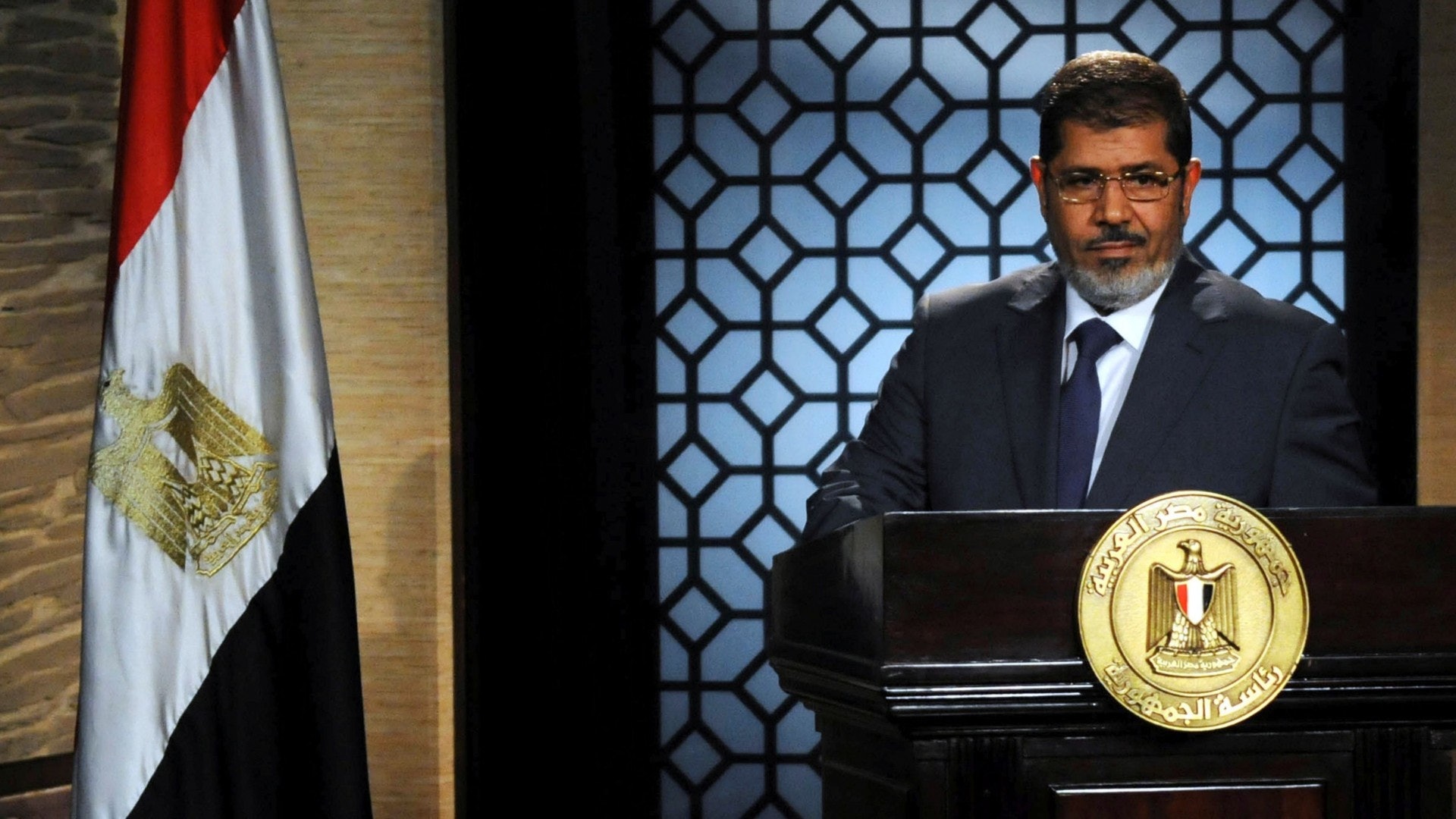Former Egyptian President Mohamed Mursi died suddenly on Monday (17th). At the age of 67, he was the first democratically elected president of Egypt. However, he was defeated by a military coup only one year after he took office, and was accused of being sentenced to life for the crime of escape.
Mursi was originally an engineer. His political and current situation made him climb to the highest peak quickly, but he quickly fell because of lack of experience and ability.
Mursi was born in a peasant family in Egypt and specialized in engineering studies during his studies. He obtained a bachelor’s degree in technical engineering from the University of Cairo in 1975 and a master’s degree in metal engineering in 1978. In 1978, Mursi married the young Naglaa Mahmoud. In one interview, Mahmoud described Mursi as a very loving husband and a good husband.
In 1979, Mursi joined the Muslim Brotherhood and went to the United States for further study. Mursi served as an assistant professor at California State University’s Northridge campus from 1982 to 1985. In 1985, he returned to Egypt as the head of the materials engineering department at Zagazig University. Mursi has maintained the position of head of the department until 2010.
Participate in politics to become the first elected president
Mursi joined the government in 2000. He was elected as a member of the People’s Assembly as an independent candidate and became the chairman of the Muhammad Congress. The Arab Spring of 2010 swept the Middle East and a large-scale demonstration broke out in Egypt. Mursiin and the members of the Muslim Brotherhood participated in the demonstration against Hosni Mubarak, but he was released from prison after 7 days.
After the overthrow of Mubarak, Mu brothers decided to organize political parties to stand for election and establish the Freedom and Justice Party. Mursi replaced Kairat El-Shater as the party’s presidential candidate. In two rounds of elections in 2012, Mursi defeated former Prime Minister Ahmed Shafik and became the first civilian president in Egypt without a military background.
Was forced to step down one year after taking office
After taking office, Mursi promoted a series of political reforms, including the removal of military leaders such as the Defense Minister and the Chief of Staff. At the same time, through the formulation of a new constitution and the highest legality of the Constitution, the military dictatorship of the past more than half a century has been gradually phased out. In October, Mursi issued an amnesty to release those who were arrested in 2011 for opposing the Mubarak and participating in the Egyptian revolution.
An important achievement in Mursi’s appointment was the successful promotion of a ceasefire agreement between Israel and Hamas.
However, Mursi’s eagerness to change, neglect of economic policies and misappropriation of people quickly caused the political situation to fall into chaos. After making major personnel adjustments in the military, Mursi quickly dispatched to the judicial department and removed the chief procurator without approval from the National Assembly, causing dissatisfaction from the opposition.
At the same time, because Mursi ignored the economic policy, the deterioration of the economic situation caused the currency to expand rapidly, and the government lost some people’s support.
The more direct fuse is one of the seven governors appointed by Mursi, one of whom is an extremist who participated in the 1997 filming of tourists. Mursi’s honeymoon was less than half a year, and demonstrations broke out again. Opponents criticized Mursi for pushing Egypt to a fundamentalist country and said he wanted to become a contemporary pharaoh. In the final 369 days of Mursi’s administration, on July 3, 2013, the military launched a coup to overthrow Mursi.
Arrested and arrested for the rest of my life
Mursi was under house arrest and arrested after he stepped down. The Muslim Brotherhood he belonged to was also ordered to be dissolved and was classified as a terrorist organization. Mursi was sentenced to death in 2014 for allegedly escaping from prison when he launched the revolution in 2011. Although the Supreme Court revoked the death sentence in 2016, Mursi’s case needs to be a retrial. By 2019, Mursi still needs to spend in prison.
Mu brothers criticized that Mursi had been held in solitary confinement in a poorly-contained prison for a long time. The authorities also prohibited him from contacting doctors and lawyers and severing outside contacts.
On June 17, 2019, when Morsi attended a hearing, he suddenly fainted in the glass prisoner’s column. He was quickly taken to hospital for treatment but eventually died, at the age of 67.












